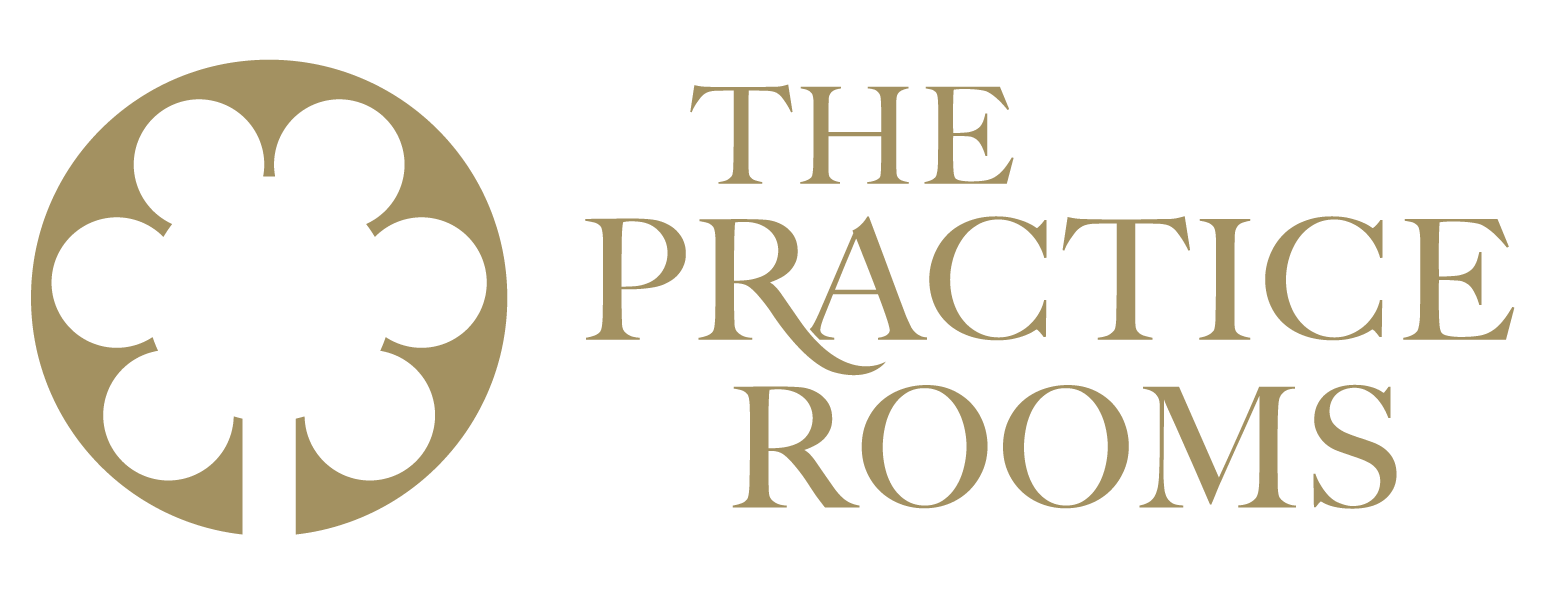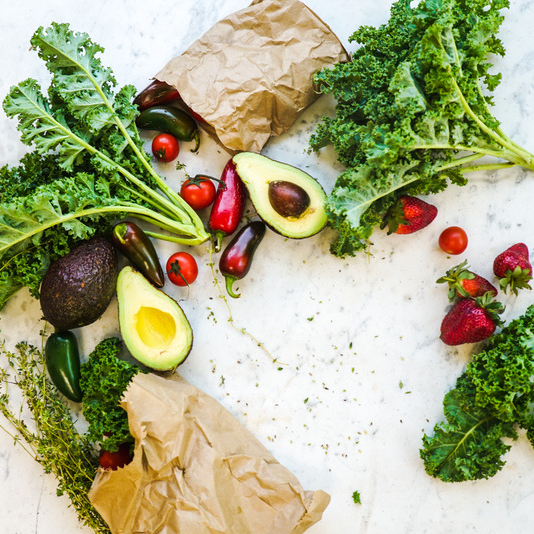Nutritional Tips for Coronavirus
Firstly, of course we need to protect ourselves and avoid coming into contact with the virus in the first place, so following current advice about limiting social contact/handwashing etc., seems sensible.
If anyone does get symptoms, it is of course essential to call 111 and seek medical advice as soon as possible.
Secondly, I would say we need to try and keep this in perspective and remember that for the vast majority of us, if we do get the virus, it will just lead to minor symptoms only.
Saying that, it seems well worth doing what we can to keep as strong and resilient as we can. Just in case!
Here are my top tips: Of course, many of you who are current clients may be on therapeutic diets and will need to adapt accordingly.
- Incorporate plenty of good quality/nutritiously dense food into your diet: Colourful vegetables and fruit (ideally as local as possible to retain their nutrient value), healthy protein (vegetable protein like pulses (lentils/chick peas) protein containing grains like wild rice/quinoa (opt for the tri-coloured version if available as contains extra anti-oxidants), oily fish (non-farmed salmon/sardines and mackerel (tinned fine if you want to stock up!). Extra virgin olive oil is full of immune supportive antioxidants, so get drizzling! The great thing is that this fresh food is likely to remain in good supply as growers are still needing to sell their supplies.
- For those who tolerate it, raw garlic is brilliant for the immune system – add to soups/dressings etc. It’s active ingredient (allicin) is heat sensitive, but if you chop or crush it 10 mins before heating, it retains its antioxidant properties. I try to now be in the habit of preparing this first before chopping other veggies etc. for soups. Wild garlic leaves and young nettles are shooting up which are great to add to soups too and free to forage!
- Pasta is probably the worst food to stock pile (refined carbs get converted into sugar swiftly which as most of you will be aware, is not good for our immune systems). Stock up with lentils/chick peas/olive oil/tinned mackerel in olive oil instead!
- Supplement wise, for most people it’s a sensible plan to take additional vitamin C at the moment (around 2 grams a day as tolerated). Some natural health doctors are suggesting a lot higher. I am a great fan of Dr Sarah Myhill – a doctor in Herefordshire. She recently circulated some information about Coronavirus which outlines certain supplements/remedies she feels are helpful both as a preventative and for the first sign of infection. If any of you would like me to forward these, I am happy to do so. This information is not available on her website. They seem sensible and I trust her advice, but her supplement dosages go higher than I feel comfortable to personally recommend.
- Vitamin D is essential for immunity. I get most of my clients to check their levels using this website www.vitamindtest.org.uk Aim for levels of at least 100 (below 50 is deficient and could compromise immunity). Don’t take high levels of vitamin D without checking levels as it is toxic at high levels
- As the gut is the seat of immunity, supporting digestion is important. If you are able to tolerate probiotics or fermented foods these will be good to keep up with at the moment. I have a leaflet about how to make fermented foods and happy to circulate this if helpful.
- There are various other targeted immune support supplements to consider, but we don’t have any clear evidence about their effectiveness for the coronavirus. If anybody wants to get in touch for further details of these, please let me know (Please be aware, my professional body dictates that I can only offer supplement guidelines to current clients, but vitamin C and D should be OK for all)
- It’s worth remembering that overly worrying about our health is not good for our immune systems, so try and do what you can to keep this situation in perspective. I feel like the media are creating a lot of fear/hype for people and while we need to keep informed/safe, it’s also good to give ourselves a break from the news and do something enjoyable/calming instead. Getting out in nature (ideally in the sunshine, which hopefully will be shining brightly soon, to top up levels of vitamin D) is brilliantly helpful for our immune system. Try not to listen to the news while eating. To facilitate good digestion/release of digestive enzymes, we need to be as relaxed as possible while we eat. Doing things that we enjoy/make us smile (or even better laugh!) is a great tonic for the immune system.
- Try and use this opportunity to rest and to get as much sleep as possible (one of the most important things for our immune system)
- This link to taking care of our mental health during the Coronavirus outbreak gives lots of great tips
- Although I am well aware that this situation is exceptionally difficult for some people, if we do all have to self-isolate, this might be a good chance for us to slow down a little and to try and enjoy the opportunity to have a quieter/simpler life for a while. Of course, there will be people in our families and community who need to be taken care of, but I do feel this might be an opportunity to have a bit of a re-think about how we can all live in a more sustainable (personally as well as environmentally) and less frantic pace..

